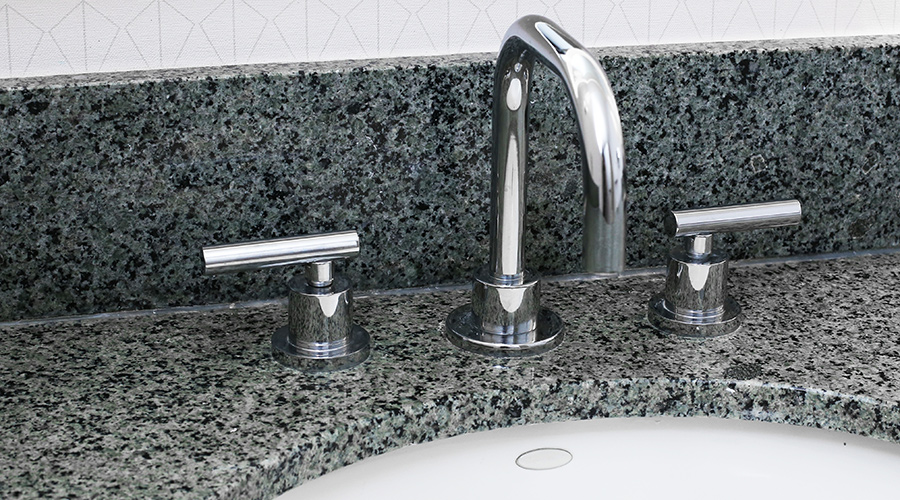In a new study, researchers explored whether financial subsidies and other forms of monetary compensation to healthcare facilities could encourage hospital-acquired infection control measures, according to an article on the Medical Express website.
Researchers at the Center for Disease Dynamics, Economics & Policy (CDDEP) and Princeton University developed a game-theory model to assess the impact of different forms of subsidies on hospital infection control.
Researchers compared three types of subsidies: a subsidy tied to the number of uninfected patients (equivalent to a tax on infected patients), a fixed subsidy, and a dollar-for-dollar matching subsidy.
Under a limited budget, researchers found that a dollar-for-dollar matching subsidy was the most effective.

 From Downtime to Data: Rethinking Restroom Reliability in Healthcare
From Downtime to Data: Rethinking Restroom Reliability in Healthcare LeChase Building Four-Story Addition to UHS Delaware Valley Hospital
LeChase Building Four-Story Addition to UHS Delaware Valley Hospital AdventHealth Sebring Breaks Ground on Expansion Project
AdventHealth Sebring Breaks Ground on Expansion Project Regulations Take the Lead in Healthcare Restroom Design
Regulations Take the Lead in Healthcare Restroom Design AHN Allegheny Valley Hospital Opens Expanded Inpatient Rehabilitation Unit
AHN Allegheny Valley Hospital Opens Expanded Inpatient Rehabilitation Unit